New Chevy vehicles’ average transaction price (ATP) for October 2024 fell 3.8 percent compared to the same month a year ago, continuing a trend of lower sales price in autumn 2024 that was also seen in a 2.9 percent drop during September of this year.
The Bow Tie’s ATP registered at $47,690 last month versus the October 2023 figure of $49,553, though it was marginally higher month-over-month – just 0.7 percent – per Kelley Blue Book and Cox Automotive research.
As the backdrop to the falling average price of a Chevy sale, the industry overall saw ATPs rise 1.7 percent year-over-year. The auto industry average price was very close to the Chevy average at $48,623. Last year, Chevy’s October average transaction rose 1.5 percent as the brand’s prices rebounded from 2022.
The study found that prices are not rising as strongly as they might, given current conditions, largely because of a robust flow of new vehicle units into dealership inventories. New-vehicle incentives were up 6 percent month-over-month to 7.7 percent on average in October, with executive analyst Erin Keating quipping that “’tis the season for automakers to make their final push for 2024 sales.”
Incentives were a bit higher, at a typical 8.7 percent, for full-size pickups, an important sales segment for the Bow Tie with its assortment of Chevy Silverado variants. Pickup ATPs as a whole dropped about 1.3 percent in addition as demand for the popular vehicle type remains fairly weak, a trend seen throughout calendar 2024. Meanwhile, the Chevy Blazer EV finds itself in a crowded field of roughly thirty mid-size crossovers, with incentives averaging 8 percent in the category.
Keating added that among car companies “many will likely maintain or even increase their seasonal incentives to attract buyers,” meaning the Cox “team is generally optimistic for new-vehicle sales to close out the year – extra incentives will certainly help.”
Average incentive packages on electric vehicles were highest of all, amounting to 13.7 percent of ATPs in October. However, this figure includes the Inflation Reduction Act’s $7,500 clean vehicle tax credit, which is likely on the chopping block as part of the incoming Trump administration’s auto market changes.


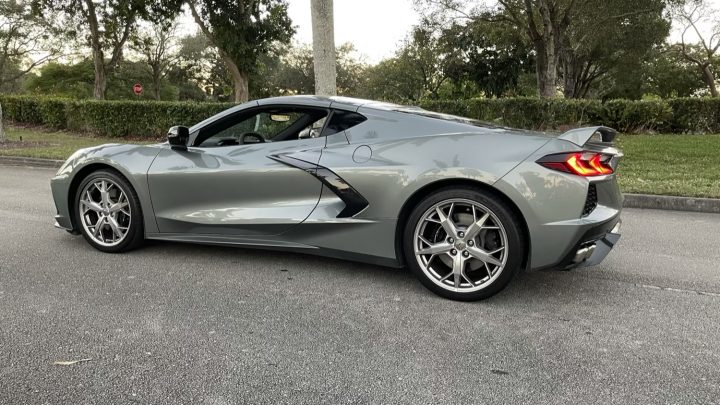
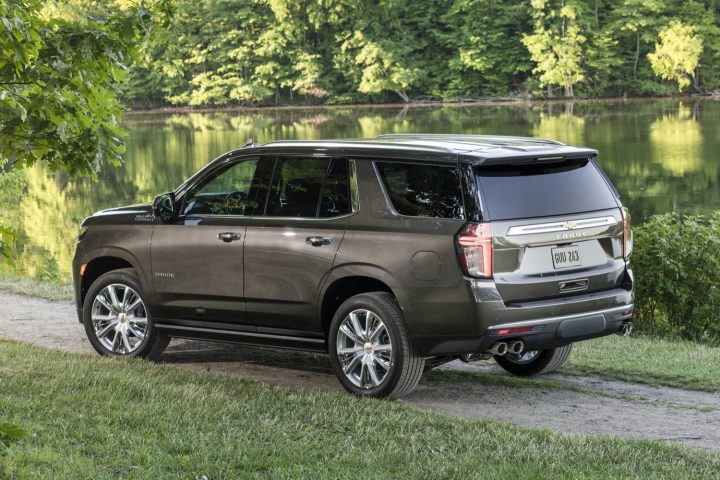
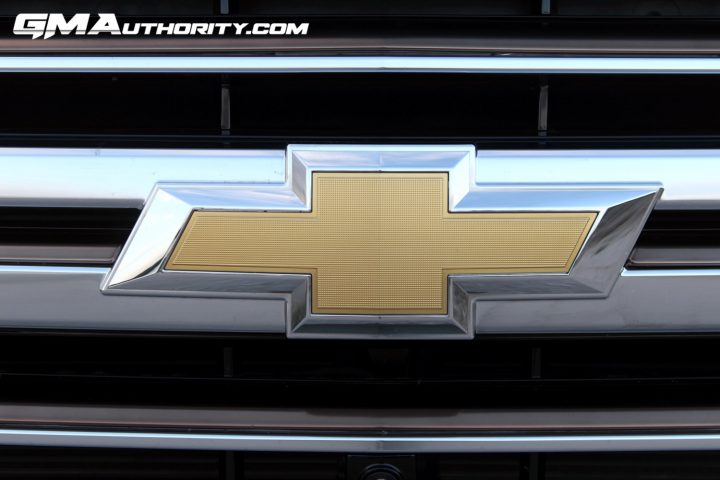





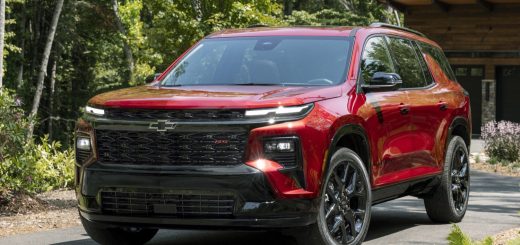
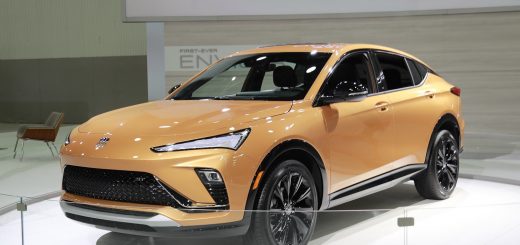





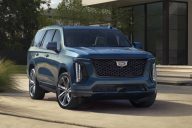
No Comments yet